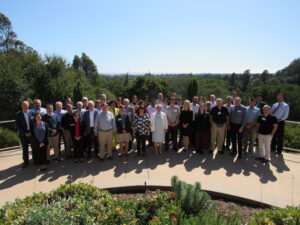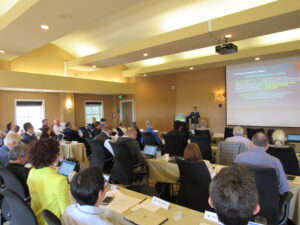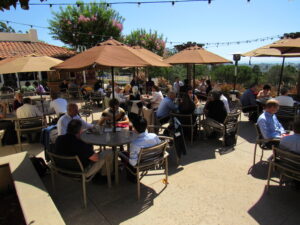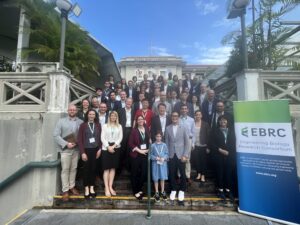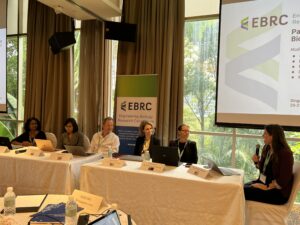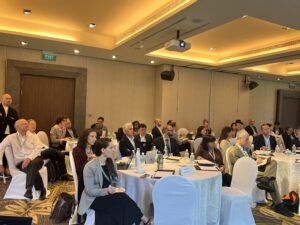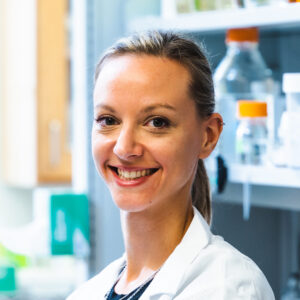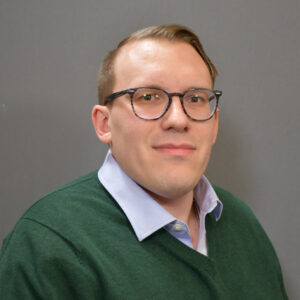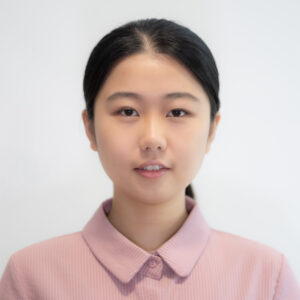
Bojing Jiang
Bojing Jiang is a Ph.D. candidate in Biomedical Engineering at Washington University in St. Louis, with a focus on developing protein-based materials for biomedical and environmental applications. Her research integrates synthetic biology, materials science, and tissue engineering to create innovative biomaterials for regenerative medicine, drug delivery, and micro-nanofabrication. Bojing’s work emphasizes sustainability and biocompatibility, leveraging fully protein-based materials to design eco-friendly alternatives with enhanced functionality.
She has contributed to groundbreaking projects funded by the National Institutes of Health (NIH), including materials for neuron regeneration, vascular repair, and wound healing. Bojing has published in high-impact journals such as Science Advances and Advanced Functional Materials, with her research recognized for its role in advancing green and scalable nanofabrication techniques using protein-based resists.
In addition to her technical expertise, Bojing excels in protein design, gene editing, fermentation, and biomaterials characterization, with a commitment to developing solutions that bridge scientific innovation and real-world impact. She is passionate about contributing to the next generation of healthcare technologies while advancing sustainability in the field of biomedical engineering.
